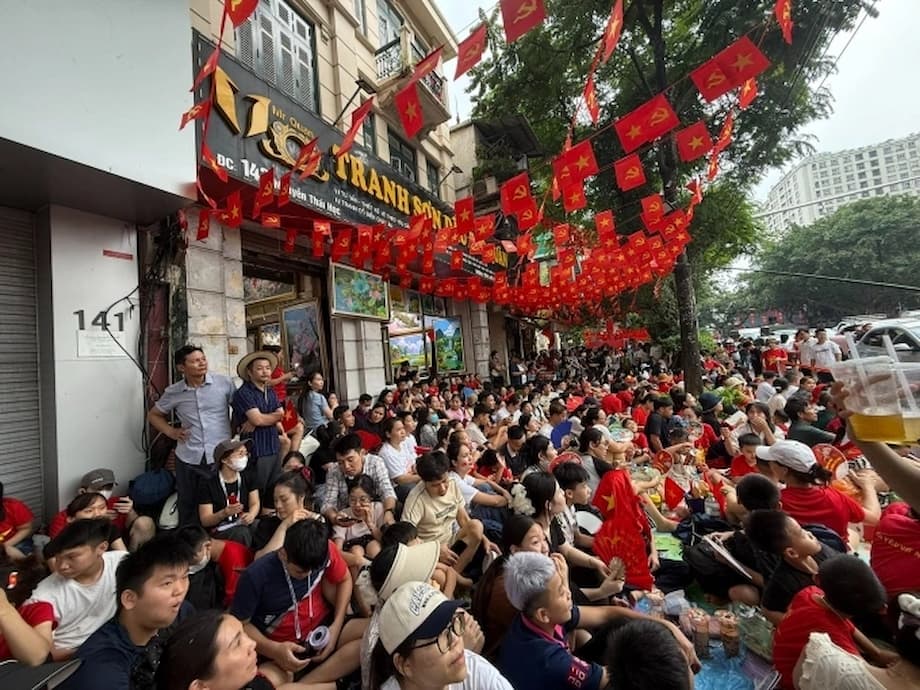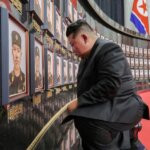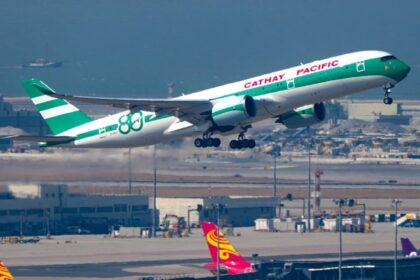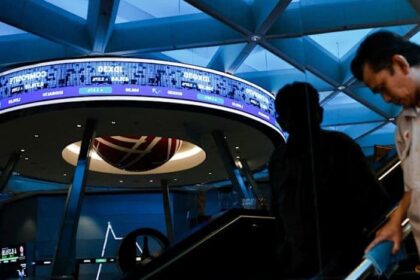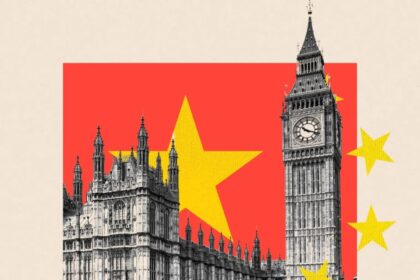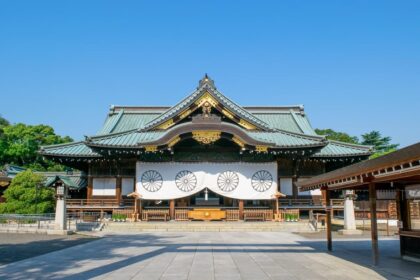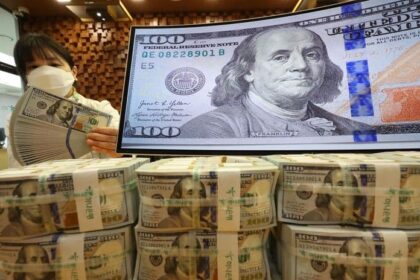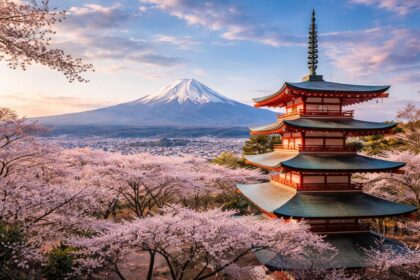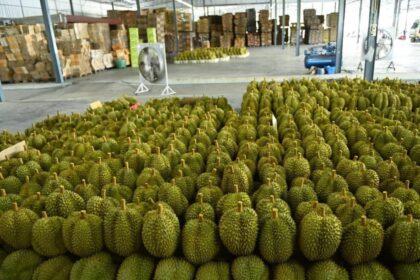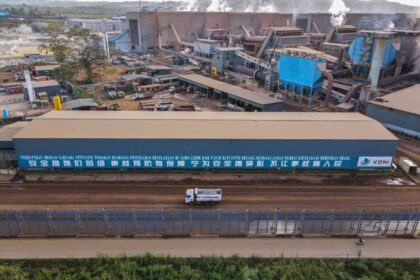Hanoi’s National Day Parade: A City Unites in Hospitality
As Vietnam’s capital prepares for the historic 80th anniversary of the August Revolution and National Day on September 2, Hanoi is experiencing a remarkable surge in community spirit. With the city set to host a grand parade and a series of commemorative events, thousands of visitors from across the country and abroad are flocking to the capital. Amid soaring hotel prices and packed streets, Hanoians are stepping up in extraordinary ways—opening their homes, shops, and hearts to strangers, ensuring that everyone can share in the national celebration.
- Hanoi’s National Day Parade: A City Unites in Hospitality
- Why the Parade Matters: National Pride and Unprecedented Crowds
- Hospitality in Action: Hanoians Welcome Strangers
- Official Support: Citywide Measures for Visitor Comfort
- Accommodation Crunch: Rising Prices and Creative Solutions
- Patriotism in Practice: The Spirit of Participation
- Tourism Boom: New Experiences and Economic Impact
- Challenges and Lessons: Managing the Surge
- In Summary
Why the Parade Matters: National Pride and Unprecedented Crowds
The National Day parade is more than a ceremonial march; it is a powerful symbol of Vietnam’s unity, independence, and resilience. This year’s event is especially significant, marking eight decades since the August Revolution of 1945, which led to the country’s declaration of independence. The parade, scheduled to begin at 6:30 a.m. on September 2 at Ba Dinh Square, will wind through downtown Hanoi, featuring military units, cultural performances, and a display of national pride that draws spectators from every corner of the country.
Preparations have been underway for months. According to the Hanoi People’s Committee, the city has coordinated with central government agencies to ensure the event’s success, focusing on logistics, security, and public engagement. The scale of the parade and associated festivities has led to a dramatic influx of visitors, with hotel bookings rising 40-50% compared to last year and many central accommodations fully booked weeks in advance.
Streets Turn Into Camps: The Visitor Experience
On rehearsal days, the sidewalks of Ba Dinh Ward and surrounding areas transform into makeshift camps. Families in flag shirts and conical hats arrive early, laying out mats and picnic supplies to secure the best viewing spots. Some travel from distant provinces, braving unpredictable weather and road closures. Nguyen Thi Lua, a 53-year-old from Chuong My, recounted leaving home at 3 a.m. to reach the Ho Chi Minh Mausoleum by dawn, determined to witness the parade preparations firsthand. Such dedication is common, with many spectators bringing food, water, and rain gear to endure long waits.
Hospitality in Action: Hanoians Welcome Strangers
With the city’s hospitality infrastructure stretched to its limits, local residents have taken it upon themselves to fill the gaps. Stories of generosity abound: Cao Van Quan and his family cleared out their painting shop on Nguyen Thai Hoc Street, inviting elderly people and children inside to rest and use the restroom. Quan kept his shop open late, offering water and a cool respite from the crowds. Dozens of other shop owners along the same street followed suit, their actions quickly gaining praise on social media.
Elsewhere, Vu Manh Dung, a grocery store owner on An Duong Street, posted an open invitation online for anyone needing a place to rest. He set up tables and chairs and planned to keep his store open overnight during rehearsals and the parade. Yen Trang, who owns a spacious apartment in Dai Thanh Urban Area, is hosting more than 10 visitors from southern provinces, providing free accommodation as they await the parade. Quan Thi Phuong Lan, whose house near Bach Thao Park stood empty, offered her three-story home to families in need, complete with water and instant noodles. Within an hour of her online post, more than 10 families reached out for help.
These acts of kindness are not isolated. Across the city, Hanoians are offering overnight stays, refreshments, and restroom access to strangers. Many admit to initial hesitation, but the overwhelming sense of national pride and community trust has inspired them to open their doors. As Lan explained, “I was a bit worried at first, but I believe in people’s goodwill during this special celebration.”
Official Support: Citywide Measures for Visitor Comfort
The grassroots hospitality movement is complemented by official efforts to ensure visitor comfort and safety. The Hanoi Department of Agriculture and Environment, in coordination with military units and local authorities, has installed over 1,000 free public toilets—including 612 mobile facilities—along main streets, near Ba Dinh Square, and at fireworks venues. These facilities are clearly marked and listed on Google Maps, operating from August 15 to September 2. Local businesses, cafes, and even private homes have joined the initiative, opening their restrooms to the public at no charge.
To maintain cleanliness, the city has placed 800 rubbish bins along parade routes and mobilized more than 6,000 youth volunteers to assist with waste collection and guide spectators. Enhanced street cleaning and sanitation measures are in effect, reflecting a citywide commitment to providing a safe and welcoming environment for all.
Accommodation Crunch: Rising Prices and Creative Solutions
The surge in visitors has put immense pressure on Hanoi’s accommodation sector. According to DTiNews, hotel prices in the city center have risen sharply, with many establishments doubling their rates for the holiday period. Three- and four-star hotels near key parade locations are nearly fully booked, and even budget options are scarce. Some travelers are opting for accommodations farther from the city center or in neighboring provinces to avoid high costs and crowds.
Despite concerns about shortages, the Hanoi Department of Tourism assures that the city’s extensive hospitality infrastructure—comprising over 3,700 lodging facilities and more than 71,000 rooms—remains robust. Community-based lodging platforms like Airbnb are being promoted to expand housing supply, and many residents are stepping in to offer homestays and informal accommodations. This blend of official and grassroots solutions is helping to ensure that no visitor is left without a place to stay.
Patriotism in Practice: The Spirit of Participation
The outpouring of hospitality is matched by a wave of patriotic enthusiasm, especially among young people. Trinh Phuong, a 27-year-old Hanoian, has spent the past two months attending parade rehearsals, concerts, and cultural events, often waking at 5 a.m. to secure a spot. She and her friends have delivered drinks and fruit to soldiers during rehearsals, viewing their participation as a way to express national pride and connect with history.
Social media has played a key role in organizing and amplifying these efforts. Dozens of online groups have sprung up to share tips on attending events, exchange tickets, and coordinate hospitality initiatives. Associate Professor Tran Thanh Nam of Vietnam National University notes that patriotism is increasingly taught through real-life experiences—cultural events, digital platforms, and community service—rather than textbooks alone. He explains,
“National spirit and patriotism are spread through symbolic events such as National Day, satisfying people’s need to belong to a community and share collective pride.”
For many, the celebrations are a rare opportunity to relive history and foster a sense of unity that transcends regional and generational divides.
Tourism Boom: New Experiences and Economic Impact
The National Day holiday is also a boon for Hanoi’s tourism sector. The city has introduced a range of new tourism products and experiences, from heritage tours and night-time cultural events to river cruises and culinary festivals. Free museum entry, themed exhibitions, and digital self-guided tours are being offered to enhance the visitor experience. According to VietnamPlus, hotel searches for Hanoi have soared, and the city is expected to welcome over 30 million visitors this year, including 7 million international arrivals.
Tour operators have responded with special packages that combine parade viewing with excursions to nearby destinations like Ninh Binh, Ha Long, and Sa Pa. The holiday’s economic impact is significant, with tourism revenue growing by more than 30% annually in recent years. The influx of visitors supports local businesses, from hotels and restaurants to souvenir shops and transportation providers.
Challenges and Lessons: Managing the Surge
While the hospitality on display is inspiring, the sheer scale of the event presents logistical challenges. Road closures, unpredictable weather, and crowded public spaces require careful coordination. The city’s proactive measures—such as installing LED screens in multiple locations to broadcast the parade and deploying thousands of volunteers—are designed to ease congestion and ensure safety.
For visitors, practical considerations are paramount. Many arrive early to secure spots, bring their own supplies, and rely on local advice to navigate the festivities. Online forums and community groups provide real-time updates on traffic, event schedules, and hospitality offers, helping newcomers make the most of their experience.
In Summary
- Hanoi’s 80th National Day parade has sparked a wave of community hospitality, with residents opening homes and businesses to visitors.
- The city is experiencing record crowds, with hotel bookings and prices soaring, but grassroots and official efforts are ensuring no one is left behind.
- Over 1,000 free public toilets and enhanced sanitation measures have been implemented for visitor comfort.
- Patriotic enthusiasm, especially among youth, is fueling participation in events and hospitality initiatives.
- The holiday is boosting tourism and local business, with new experiences and packages attracting millions of visitors.
- Challenges remain, but the spirit of unity and generosity is helping Hanoi manage the surge and celebrate its national heritage.


